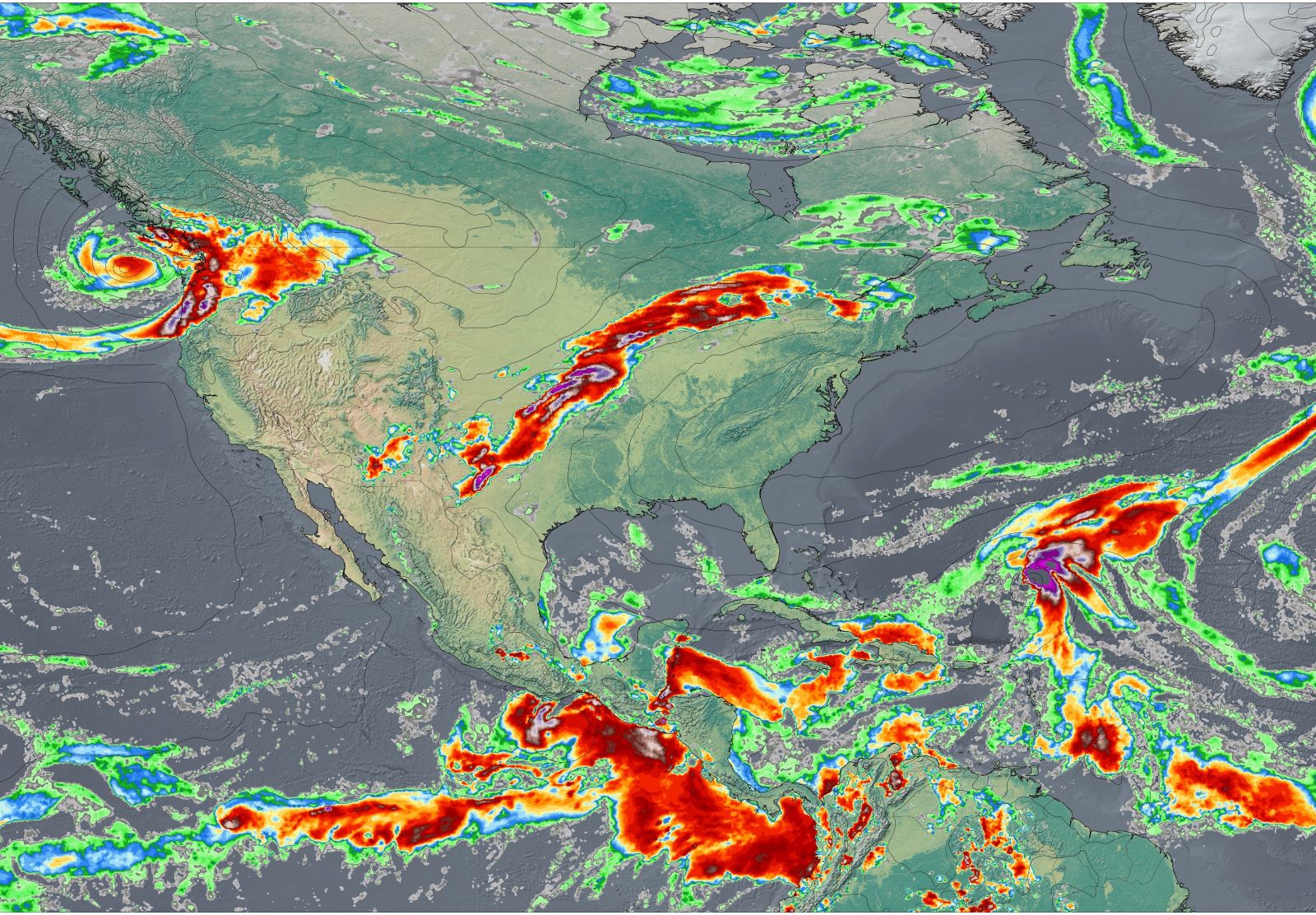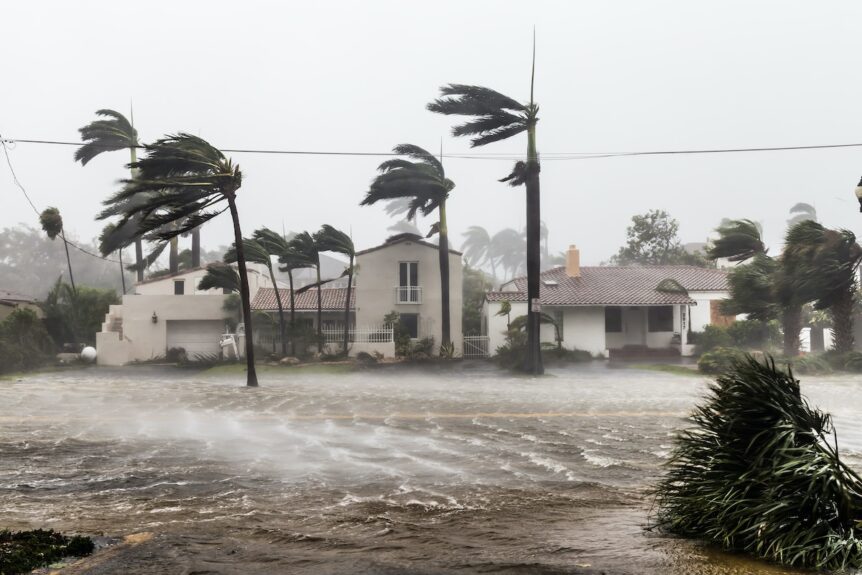Do you find yourself skeptical about what science claims to know? Let’s clear up some common misconceptions that you might have heard.
1. Climate Change Is Accelerating

Image Credit: Shutterstock / Bernhard Staehli
Think global warming is just a phase? Think again. The past five decades have seen faster temperature increases than any other period, mainly due to human activities like burning fossil fuels and deforestation.
2. Vaccines and Autism Are Not Linked

Image Credit: Shutterstock / Yuganov Konstantin
Still worried vaccines might cause autism? They don’t. Extensive research, including studies from the CDC and WHO, has thoroughly debunked this myth, which started from a now-retracted study.
3. GMOs Are Safe to Eat

Image Credit: Pexels / NEOSiAM 2024+
Concerned about genetically modified foods? Don’t be. Overwhelming scientific consensus shows that GMOs are safe to eat, with no links to any health problems in the massive amounts of data collected over the years.
4. Evolution Is Real

Image Credit: Shutterstock / Gorodenkoff
Unsure about evolution? It’s a fundamental scientific theory supported by a mountain of evidence from fossils to DNA.
5. The Earth Is Definitely Not Flat

Image Credit: Shutterstock / Alones
Yes, the Earth is round. Satellite images and physics make this not just a theory but an observable fact.
6. Smoking Definitely Causes Cancer

Image Credit: Shutterstock / New Africa
Think smoking might not be that bad? It’s actually the leading preventable cause of cancer worldwide, directly linked to lung cancer.
7. Mental Illness Is Not Just “In Your Head”

Image Credit: Shutterstock / Monkey Business Images
Mental illness involves real, physical changes in brain chemistry, not just mood swings or bad days. It’s as biological as diabetes or heart disease.
8. Human Activity Is a Major Driver of Extinction

Image Credit: Shutterstock / Rich Carey
Believe natural cycles are to blame for extinct species? Human activity, including habitat destruction and pollution, is actually the primary cause of the accelerated rate of extinctions we see today.
9. Sugar Is Linked to Heart Disease

Image Credit: Shutterstock / qoppi
Think fat is the only bad guy? High sugar intake is actually a major contributor to heart disease, as well as other health issues like type 2 diabetes.
10. Biodiversity Loss Affects Humans Too

Image Credit: Shutterstock / ESB Professional
It’s not just about saving the whales. Losing biodiversity destabilizes ecosystems, which directly impacts food security, health, and the global economy.
11. Secondhand Smoke Is Also Dangerous

Image Credit: Shutterstock / Maria Surtu
Even if you don’t smoke, being around smoke can increase your risk of developing heart disease and lung cancer.
12. Organic Isn’t Always Pesticide-Free

Image Credit: Shutterstock / bjonesphotography
Think organic means pesticide-free? Organic farming often uses pesticides, they’re just natural or non-synthetic.
13. Fracking Impacts Drinking Water

Image Credit: Shutterstock / pan demin
Hydraulic fracturing or fracking can and does contaminate drinking water, contrary to what some industry leaders claim.
14. Nuclear Energy Is Relatively Safe

Image Credit: Shutterstock / olrat
Worried about nuclear power? It’s one of the safest, densest sources of energy, with fewer deaths and environmental impacts compared to fossil fuels.
15. Diet Pills Are Not a Magic Solution

Image Credit: Shutterstock / fizkes
Tempted by diet pills? Most have little evidence supporting their effectiveness and can have dangerous side effects.
16. Antidepressants Do Work

Image Credit: Shutterstock / Jacob Lund
Think antidepressants are just placebos? They are clinically effective treatments for many people with depression, significantly altering brain chemistry.
17. The Sunscreen-Ozone Myth

Image Credit: Shutterstock / paultarasenko
No, sunscreen doesn’t harm the ozone layer. This myth is based on a misunderstanding of chemical effects.
18. Autism Rates Are Not Actually Increasing

Image Credit: Shutterstock / Evgeny Atamanenko
Autism diagnoses are up due to better awareness and diagnostics, not because the condition is becoming more common.
19. Weather Is Not Climate

Image Credit: Shutterstock / Stock Lpa
Confused about a snowy day during global warming? Weather is what happens day to day; climate is about long-term patterns.
20. The Moon Landing Was Real

Image Credit: Shutterstock / Dima Zel
Yes, the 1969 moon landing actually happened, extensively documented and verified by independent sources.
21. Water Fluoridation Is Safe

Image Credit: Shutterstock / Anja Ivanovic
Worried about fluoride in your water? It’s one of the most extensively studied public health measures and is safe at current levels for preventing tooth decay.
So, What’s the Real Story?

Image Credit: Shutterstock / fizkes
Have these facts changed your mind, or do they just sound like more conspiracy theories? Let’s not let disbelief in the science be the legacy we leave for the next generation. Isn’t it time to get on board with what the experts are saying?
Featured Image Credit: Shutterstock / FotoKina.
For transparency, this content was partly developed with AI assistance and carefully curated by an experienced editor to be informative and ensure accuracy.


